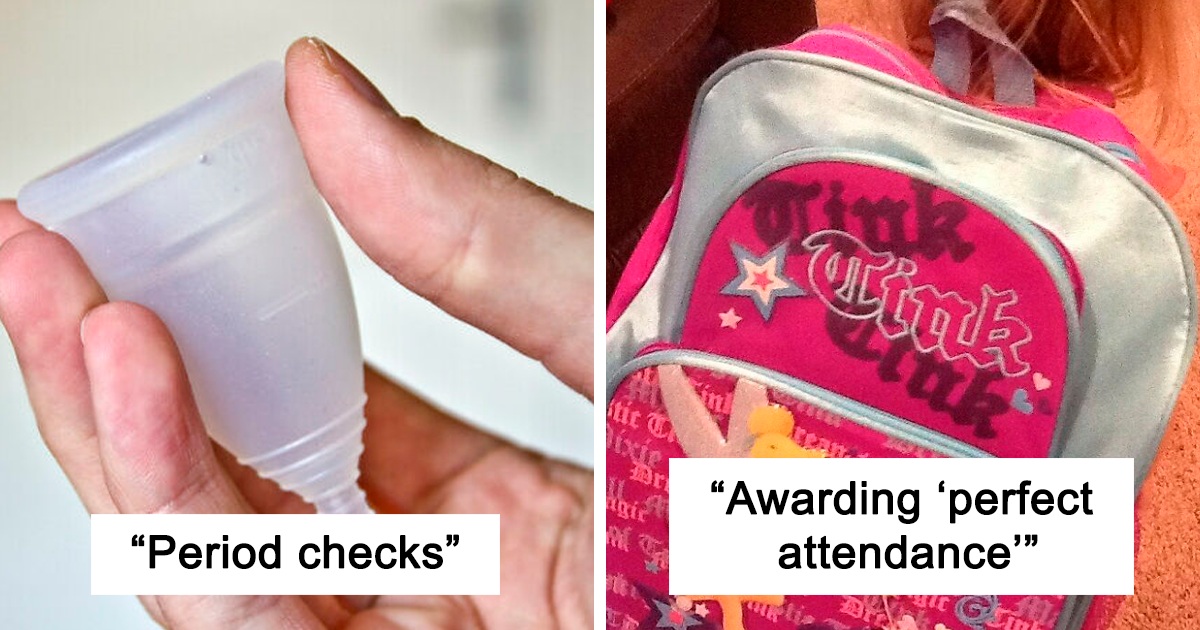“Family Ties Tested: Father Defies Tradition as Son Rejects Family Friend’s Daughter, Unraveling Unexpected Drama!”
There are verbal and nonverbal cues that teenagers (and adults as well!) should look out for. A simple “No” can be a verbal cue, but changing the topic or making an excuse also counts. Recognizing nonverbal cues can be a little more difficult.
According to the SA Centre of Edmonton, nonverbal cues of rejection include “leaning in, smiling, eye contact, laughing, touching, mirroring body language.” Even in cases when a person says “Yes,” it’s important to listen to how they’re saying it; they might be unsure or just being playful.
In truth, it can get confusing, but body language and tone of voice usually tell you all you need to know. And while these points mostly pertain to physical intimacy, they can be used in the context of any unwanted advances as well.
Parents should limit their involvement in their teen’s love life
Image credits: Julia M Cameron / Pexels (not the actual photo)
What many people found weird in this story was how the two mothers were pushing for their teens to be together. While it’s a nice sentiment in theory, it doesn’t really take into account what both teens want. If the daughter of the OP’s wife’s BFF is more impressionable, she might have this idea in her head that she and the son need to be dating.
As a teenager, there’s probably nothing worse than your mom meddling in your romantic relationships. “Most teenagers are reluctant to share much about their relationship with their parents, and parents often feel unsure of whether to probe and how much space to offer,” Dr. Tori Cordiano, Ph.D., writes.














